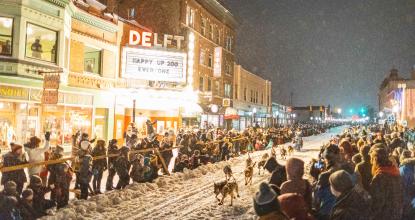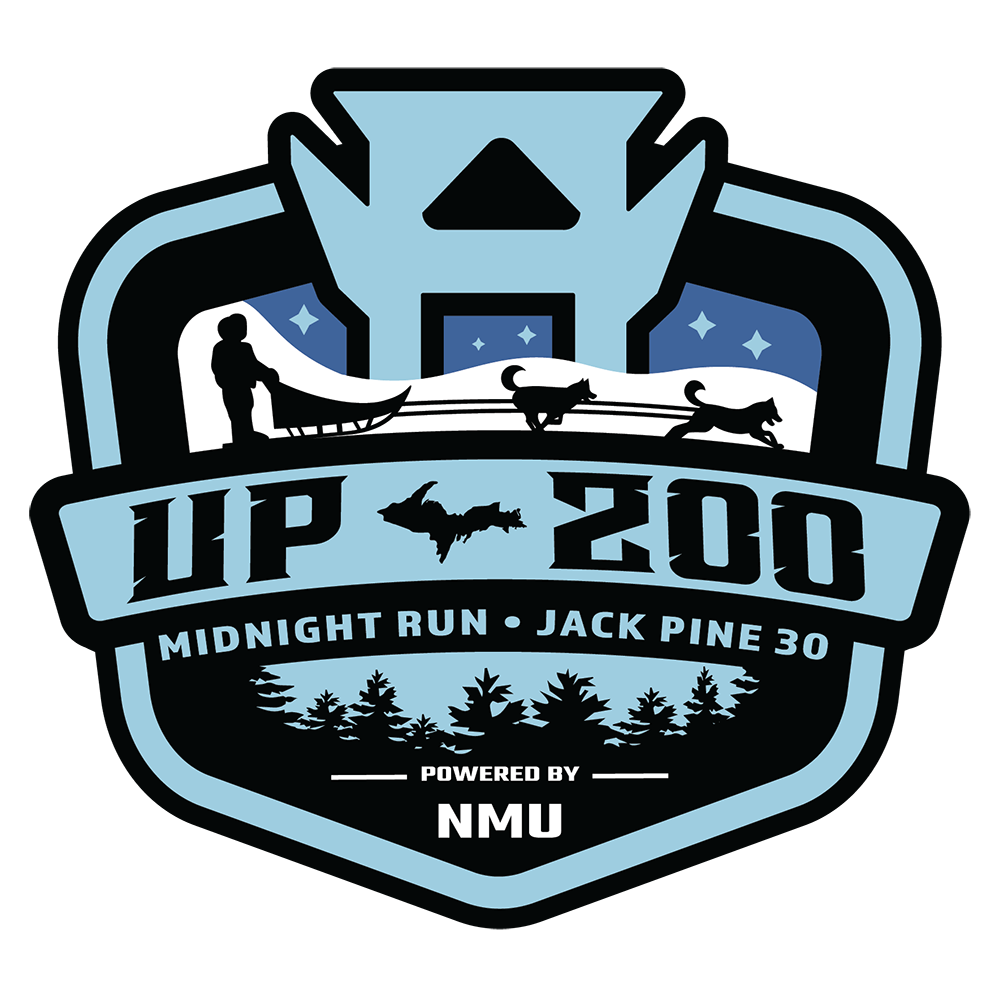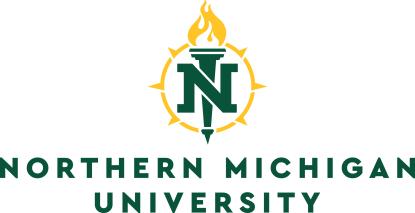UPSDA Welcomes Brooke Quinn and Katie Rosebrugh to the Board of Directors
 The UPSDA recently voted to fill three open positions on our board of directors. Longtime board member Darlene Walch was re-elected and will continue to serve as president. In addition to Darlene, two longtime volunteers were elected and were pleased to welcome them to the board: Brooke Quinn and Katie Rosebrugh. Some of you already know Katie and Brooke, as they are the dedicated and tireless coordinators for the Wetmore Checkpoint. In order to introduce them more fully our community, the Gang-Line asked Katie and Brooke about their experience with the Wetmore Checkpoint, what drew them to volunteering and what their mushing aspirations might be. Thank you to Brooke and Katie for their service as board membersand thank you to Darlene for her dedication and efforts as well!
The UPSDA recently voted to fill three open positions on our board of directors. Longtime board member Darlene Walch was re-elected and will continue to serve as president. In addition to Darlene, two longtime volunteers were elected and were pleased to welcome them to the board: Brooke Quinn and Katie Rosebrugh. Some of you already know Katie and Brooke, as they are the dedicated and tireless coordinators for the Wetmore Checkpoint. In order to introduce them more fully our community, the Gang-Line asked Katie and Brooke about their experience with the Wetmore Checkpoint, what drew them to volunteering and what their mushing aspirations might be. Thank you to Brooke and Katie for their service as board membersand thank you to Darlene for her dedication and efforts as well!
Question: What motivated you to get involved as a volunteer with the UPSDA?
Katie: I volunteered a little bit during my early years at college but I truly started my time with the UP200 during an Event Management business course at NMU. The course was two semesters and the second semester was completely dedicated to assisting the UPSDA. The catch was the students had to be in management positions of some sort. I volunteered for Wetmore Assistant Coordinator because I wanted to be further away from the downtown area. I love the start but Im less of a crowd or adrenaline person. I stayed with Wetmore when my predecessor transitioned to a spectator role and roped my best friend, Brooke Quinn, in as my Assistant Coordinator after having her one year as a Dog Handler in Wetmore.
Brooke: My involvement in the UPSDA got started with Katie. Ever since we met at Northern Michigan University, we became best friends. In 2018, she told me to volunteer as a dog handler for the Wetmore Checkpoint and that is how it all got started. My involvement grew from being a handler my first-year volunteering with the UP 200, then being the Assistant Checkpoint Coordinator after that, to now being on the board.
Question: Whats your favorite/funniest memory from working with mushers and/or dogs over the years?
Brooke: One of my favorite memories every year from working with the teams is seeing how they interact with their dogs. Right when they get settled, I would walk around to see if they need anything, and when I did, I always see the mushers telling their dogs just how great they did and showing them so much appreciation and love. The dogs just look so happy and content.
Katie: The time my volunteers learned not to wave their arms to get attention because, at the checkpoint that means a team is coming in. They were soon surrounded by blurry-eyed race officials who had been catching a short nap between teams and panicked thinking they had overslept. Or the year the outhouse tipped over and froze to the ground. Thankfully no one was in it!
Honestly, however, my favorite memory was around six oclock in the morning. The first teams were getting ready to leave for Grand Marais and the rest of the chutes were filled with sleeping dogs. In the quiet of the morning, all of my sleepy volunteers were tucked into a chute with a friendly team. I was at the back by the sled and, when I looked up, each volunteer had their own individual dog they were giving love to. Each person had a smile on their face and you could tell the dogs were lapping up the attention. You could hear the world gradually come alive with the sunrise and the murmur of the handlers/mushers talking. Truthfully, I think the musher let us give the team attention not because my volunteers were so eager, but to distract the dogs from trying to leave the checkpoint early.
Question: Youve both been involved with the Wetmore Checkpoint for several years, whats the most challenging part of running that checkpoint? The most gratifying?
Katie: We like to say Wetmore is its own little world that has fingers in every part of the race. However, I think that is also the most challenging part. Not only are we physically on site during the race weekend, we are constantly doing things in the background and pre-planning. We work alongside the judges and the vets as we are the first and last checkpoint of the race and the mandatory vet checks; we fill in positions (dog handler, cook, office person, timer) as needed, and we are solving problems throughout our entire time. From a volunteer view, the checkpoint is a great place to start with the organization if said volunteer isnt certain what they want to do because we can train them in multiple areas and find their niche. In addition to the checkpoint itself, we plan the M-28 Road Crossing and oversee it during the race weekend. Outside of race time, we manage the sponsorships/fundraising for Munising and Wetmore.
The most gratifying part of the checkpoint, in my opinion, is seeing everyone bond. Brooke and I deliberately designed Wetmore to have a homey feel. The tables sit multiple people, we make breakfast food fresh to order, and the building is warm. Ultimately, the warming center feels like a relaxed hangout spot or the last few steps to winding down for sleep. Since we are closed to the public, this gives everyone in the race a chance to lower their game faces.
At three oclock in the morning, youll find almost all the humans on site inside the warming center. There will be people half dressed in winter clothes, others sitting around a table playing cards, and people sleeping. The mushers get a chance to talk with their handlers, other mushers, and the race officials from judges to vets. Obviously, this is a recipe for the perfect bonding: youre half thawed after playing in a blizzard, there is warm food in your belly, youve had eight hours of sleep over three days, and you can tell stories from the trail.
Brooke: Honestly, the most challenging part about running the checkpoint, for me, is what we cant control and that is the weather. The weather can be in our favor or can be our worst enemy for the checkpoint and the M-28 road crossing. We could have a clear sky one year or have a huge snow storm the next.
The most gratifying part about the Wetmore checkpoint is what happens behind the scenes. Seeing all the mushers relax and sit around the table talking to each other and all the volunteers joking and having a good time. Everyone is eating a hot breakfast and seeing the smiles on their faces. Watching the dogs rest when they come into the checkpoint and seeing them waking up in the morning being so excited to get back out there and mush again. Those little moments are what make it all worth it.
Question: Why do you think others should consider volunteering with the races?
Brooke: The race itself is very fun to watch and is full of excitement. However, when volunteering, if its the start/finish, road crossing, or even at a checkpoint, there is nothing like it. Having been a spectator to now being fully immersed in the race, there is no other feeling that can compare to having the all access pass to the race. No matter where someone volunteers, the comradery and mutual understanding of how the race functions really brings everyone together. This will be an experience that will be remembered for years and years to come. The cold isnt always the best feeling when standing outside, nevertheless, the memories created are completely worth it. That and warm snow gear.
Katie: I can appreciate the thought process: why would I want to be outside, in a blizzard, on valentines weekend? I can also appreciate the apprehensiveness of not knowing how your skills would fit the organization. Many years ago, I was in the same boat.
To those people, I ask: Why not? Why not be part of something bigger than yourselves and bigger than even the Upper Peninsula? Where else can you say you helped Iditarod Qualifying Dogsleds? For those looking for resume builders, this is it. Many of the sites are willing to write recommendation letters, thank you letters, and letters of reference. For those looking to have fun, why not get together with your friends and staff at a road crossing? Youll talk about the experience for years. And for those who struggle to plan Valentines, why not take the difficulty away and volunteer?
Question: What is your experience with mushing? Have you driven or ridden a sled? Do you have mushing aspirations?
Katie: I could never be a musher! The teams, handlers, dogs, and mushers handle so much more than I would ever be able to. I dont like the cold, I have a terrible sense of direction in the middle of the woods in the middle of the night, and I really like my sleep. The only time I have been on a sled is when a team needs someone to be a weight while the musher steps away to double check dogs before leaving the checkpoint. I had zero experience or knowledge about mushing when I started. I remember wandering through the chutes and asking the teams questions about how their harnesses worked, what things were called, and wanting to know everything. They were extremely patient with my curiosity.

Brooke: Before volunteering, I did not know much about mushing at all. I have only been a spectator downtown watching the race each year. As for my aspirations to be a musher, I love being involved with the races and interacting with the mushers, the handlers and their dogs. With that being said, I will leave the mushing to the wonderful teams we work with every year.








